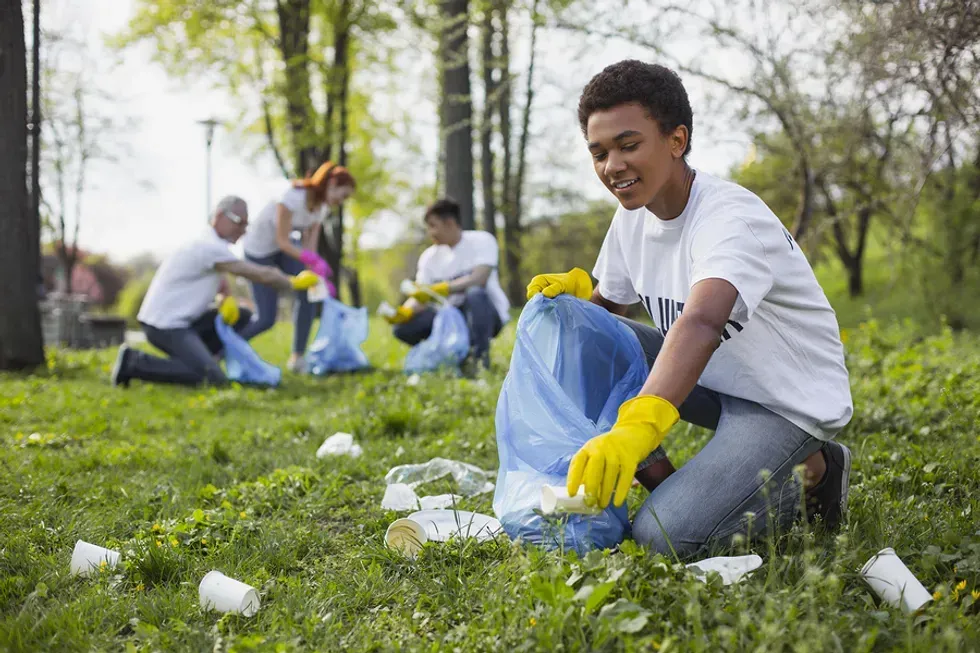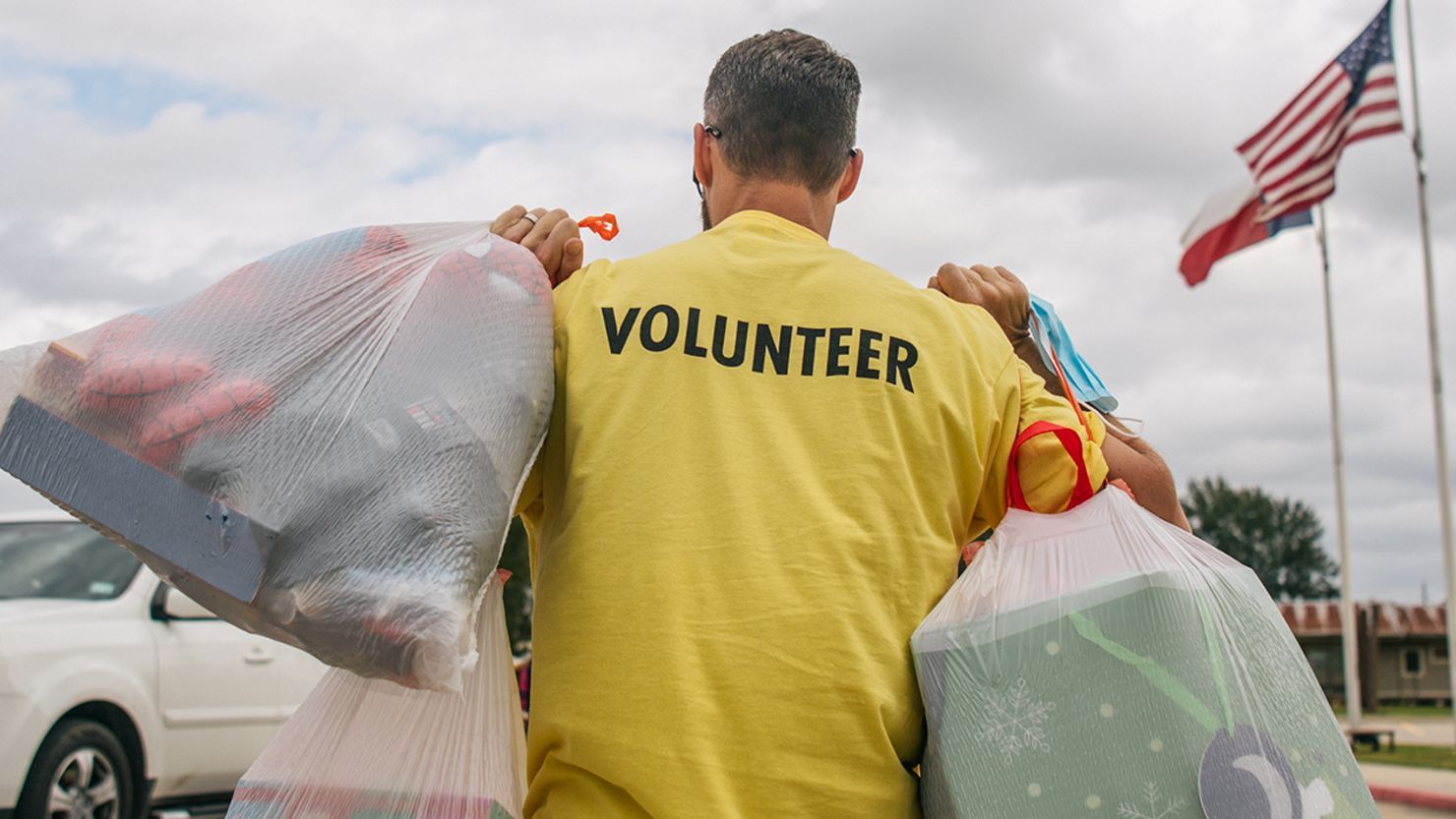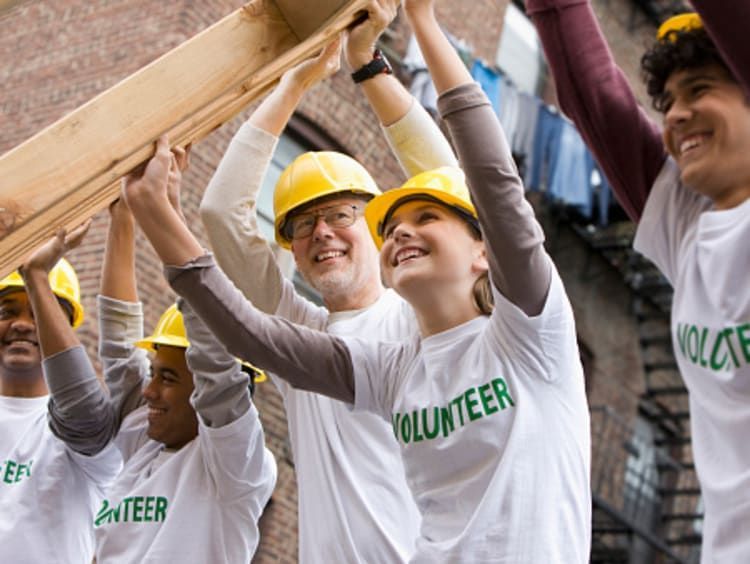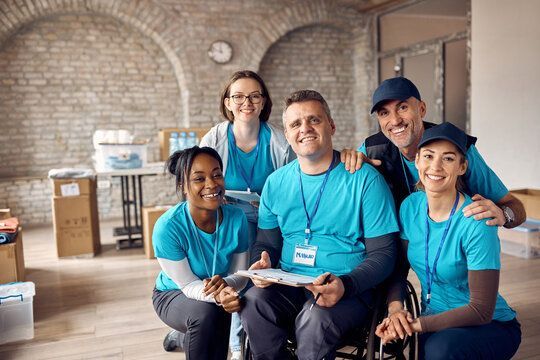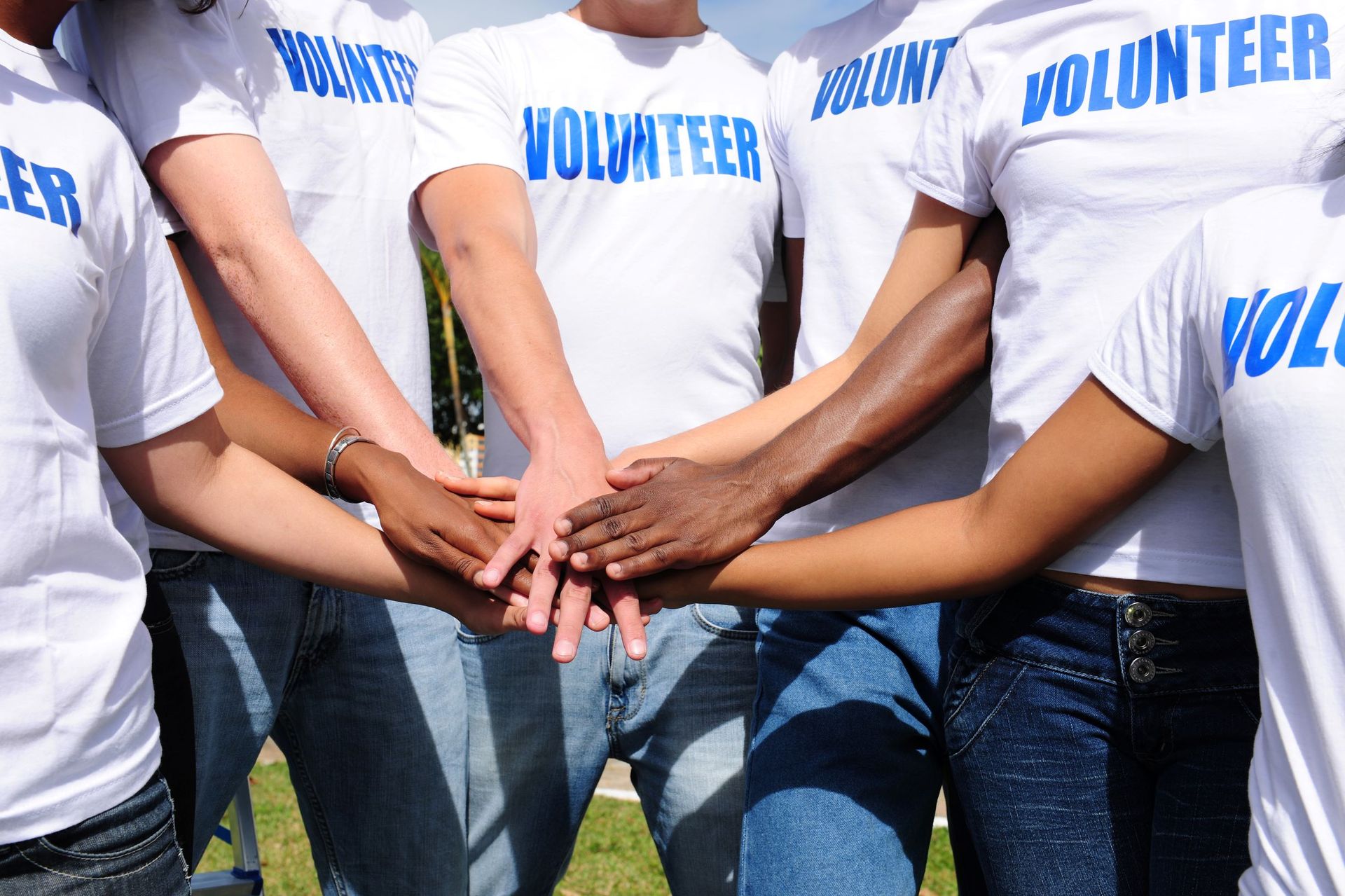What Is the Most Common Type of Community Service?
TLDR;
The most common type of community service in the U.S. is environmental cleanup—like picking up litter, maintaining parks, and organizing beautification projects. Other widespread activities include food drives, tutoring, and
volunteering at shelters, according to national volunteer data.
The Power of Giving Back Through Community Involvement
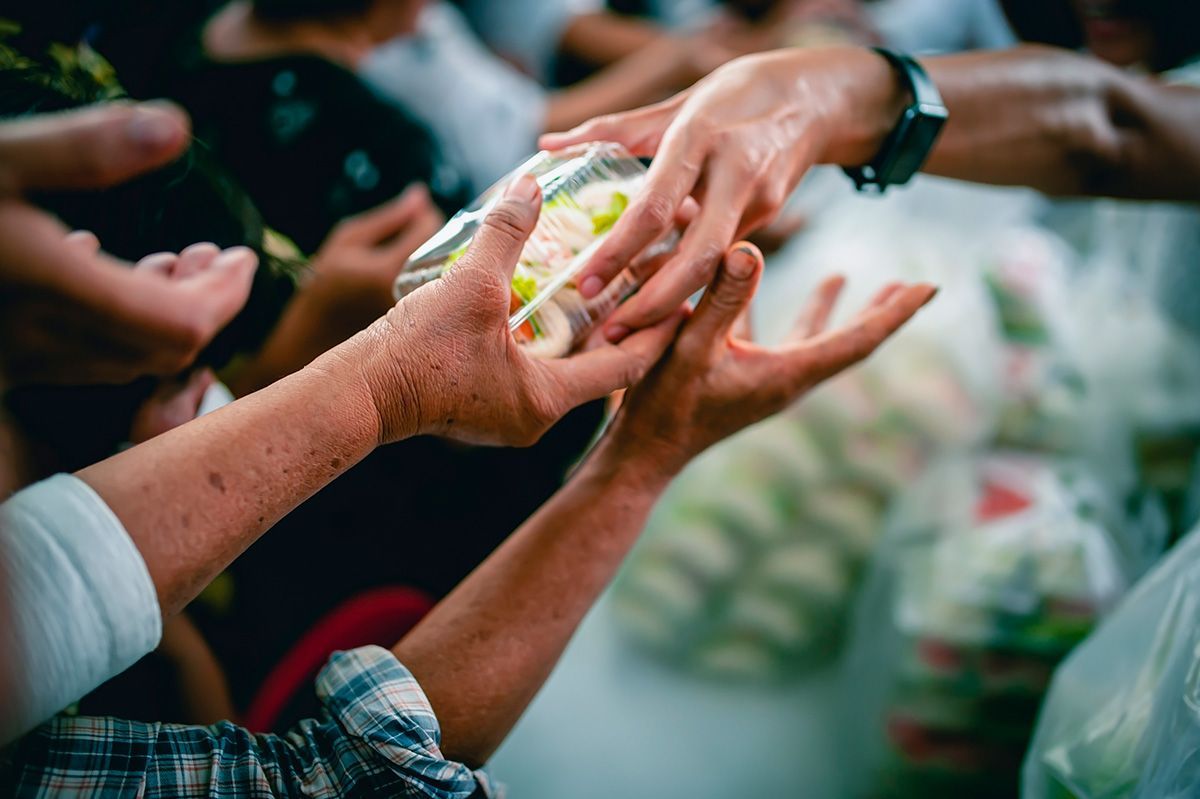
Community service—also referred to as volunteer work—is unpaid work intended to benefit people or improve places. From collecting canned goods to tutoring students, these acts of kindness ripple out into stronger, more connected neighborhoods.
At
CleanUP USA, we believe in community-based action rooted in purpose. This post breaks down the most common types of service, explains why they matter, and shows you how to get involved in a way that aligns with your skills and passion.
What Counts as Community Service?
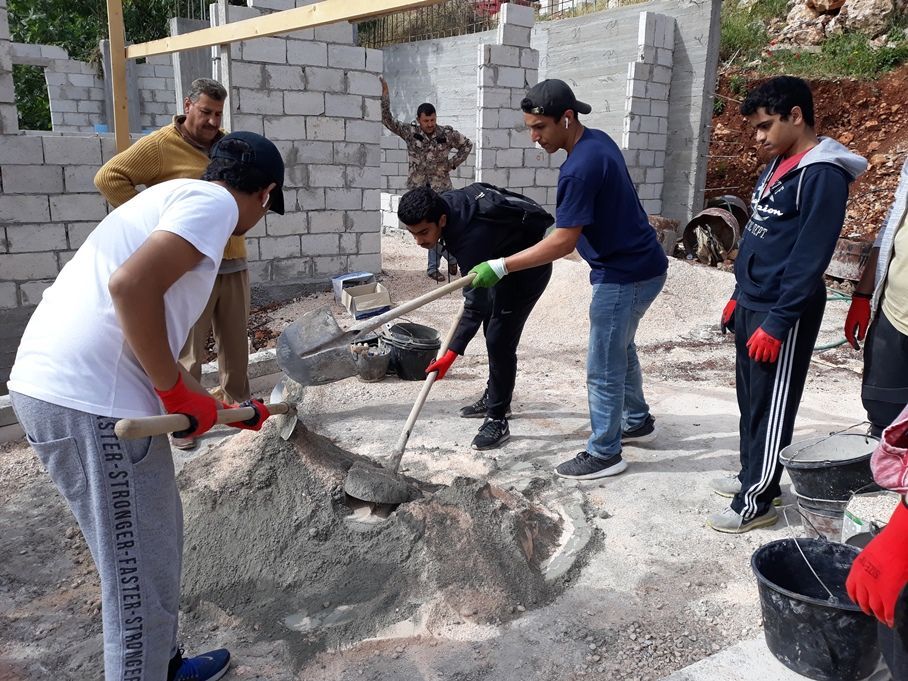
Not all community service looks the same. It spans a wide spectrum of causes and activities, each falling into a general category. If you're unsure how this compares to other types of unpaid involvement, check out this breakdown of Volunteer vs Community Service.
Direct Service
- Involves face-to-face help, like serving food at a shelter or tutoring a student
- Immediate impact on people’s lives
Indirect Service
- Includes back-end work like organizing donation drives or building kits for the unhoused
- Supports service delivery without direct contact
Advocacy Work
- Promotes awareness of social issues (e.g., organizing petitions or hosting educational events)
- Encourages policy change and civic engagement
Civic Engagement
- Participating in local government or school boards
- Attending town halls, helping with voter registration, or joining neighborhood groups
- Whether hands-on or behind the scenes, every type of community service contributes to a healthier, more resilient society.
What Community Service Is Most Popular?
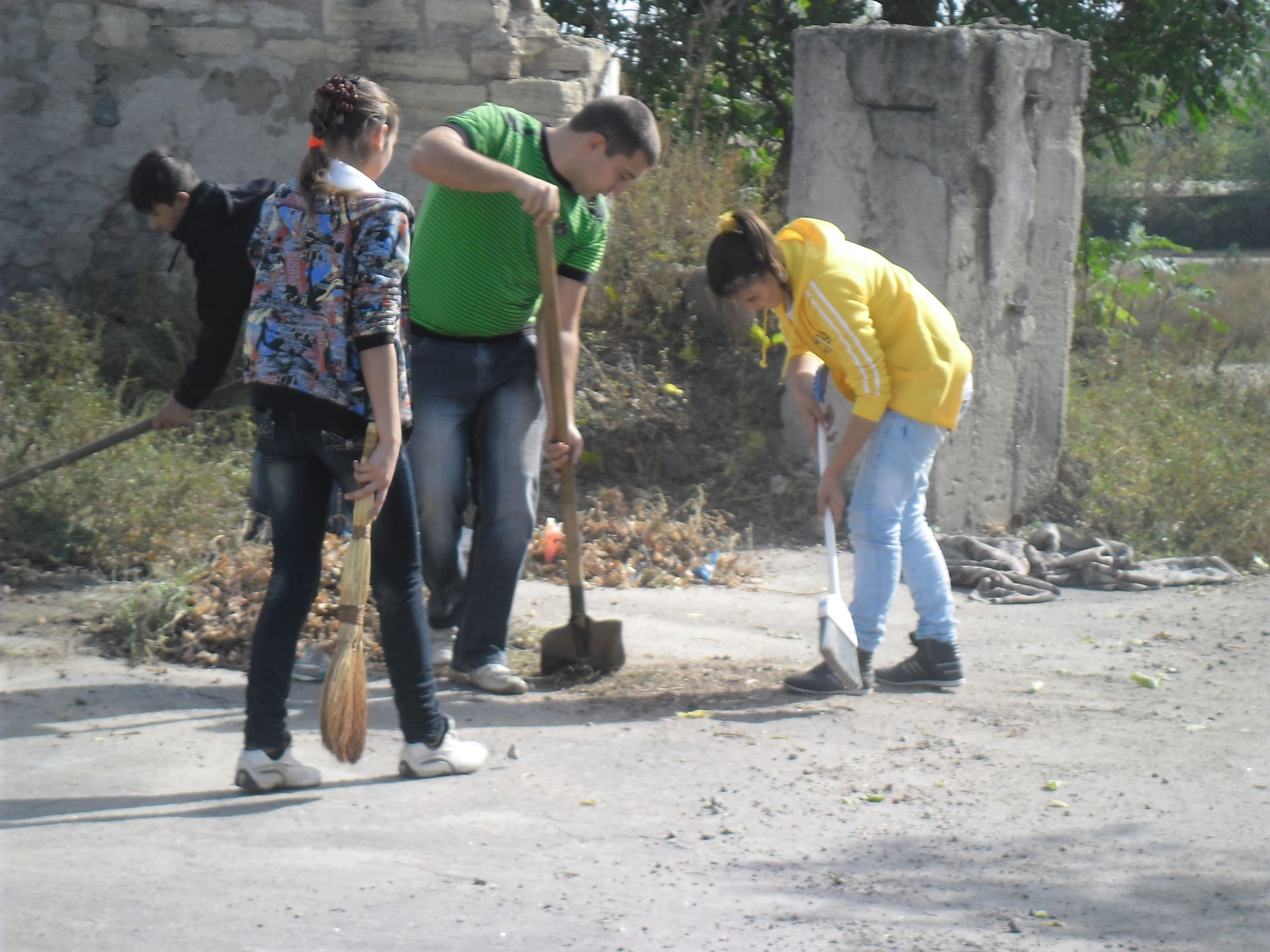
According to data from the Corporation for National and Community Service and similar organizations, here are the most frequently reported community service activities in the United States:
- Cleaning and beautifying public spaces – 24.2%
- Fundraising for nonprofits – 23.9%
- Tutoring or teaching – 17%
- Collecting, preparing, or distributing food – 15.3%
- General labor (repairs, builds, maintenance) – 12.5%
Why These Activities Lead
- Easy to organize locally
- Offer instant visual or tangible impact
- Require minimal training or prep
- Common in both school and corporate volunteer programs
These patterns reflect not just what people care about, but also where help is easiest and most urgently needed.
Common Volunteer Activities: Who’s Doing What?
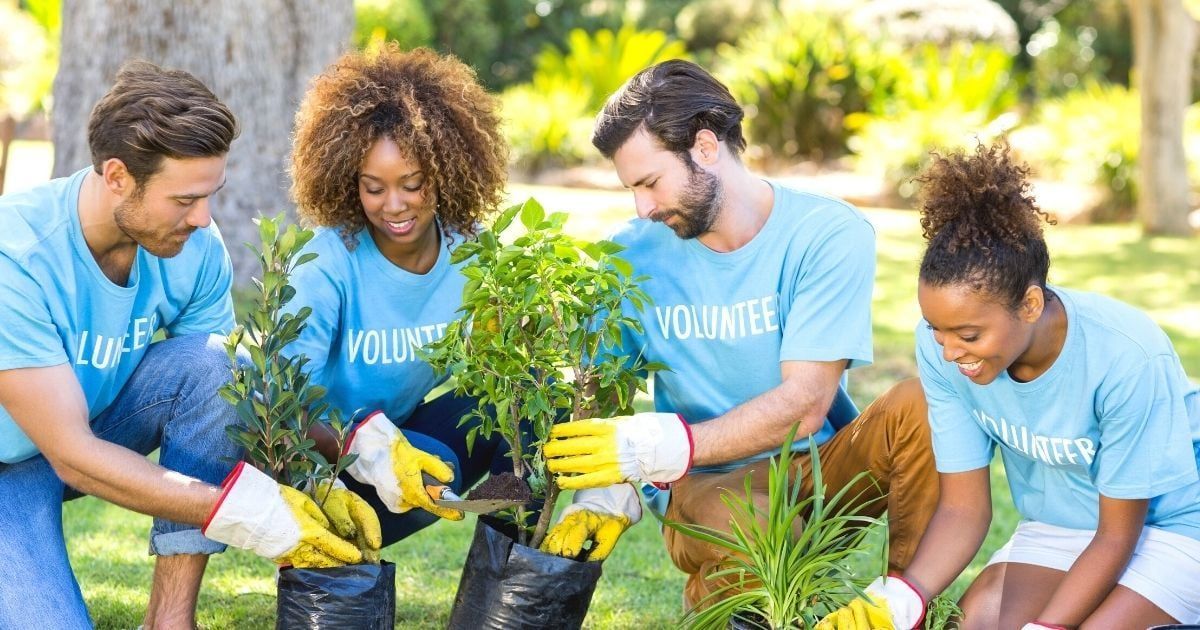
Different groups gravitate toward different types of service based on age, access, and life stage:
Students (Middle, High School & College)
- Often complete service to meet graduation or scholarship requirements
- Popular activities:
- Tutoring
- Food drives
- Park cleanups
- Peer mentoring
Retirees & Seniors
- Prefer consistent schedules and meaningful connection
- Activities that suit:
- Reading to children
- Community gardening
- Delivering meals
- Volunteering at libraries or animal shelters
Corporate Volunteer Groups
- Part of CSR (corporate social responsibility) initiatives
- Typical projects:
- Fundraisers
- Blood drives
- Park revitalizations
- Habitat for Humanity builds
Faith-Based Groups
- Often run soup kitchens, clothing donations, or health outreach
Each group finds ways to make an impact that fits their lifestyle, time availability, and mission.
Top Community Service Examples by Region
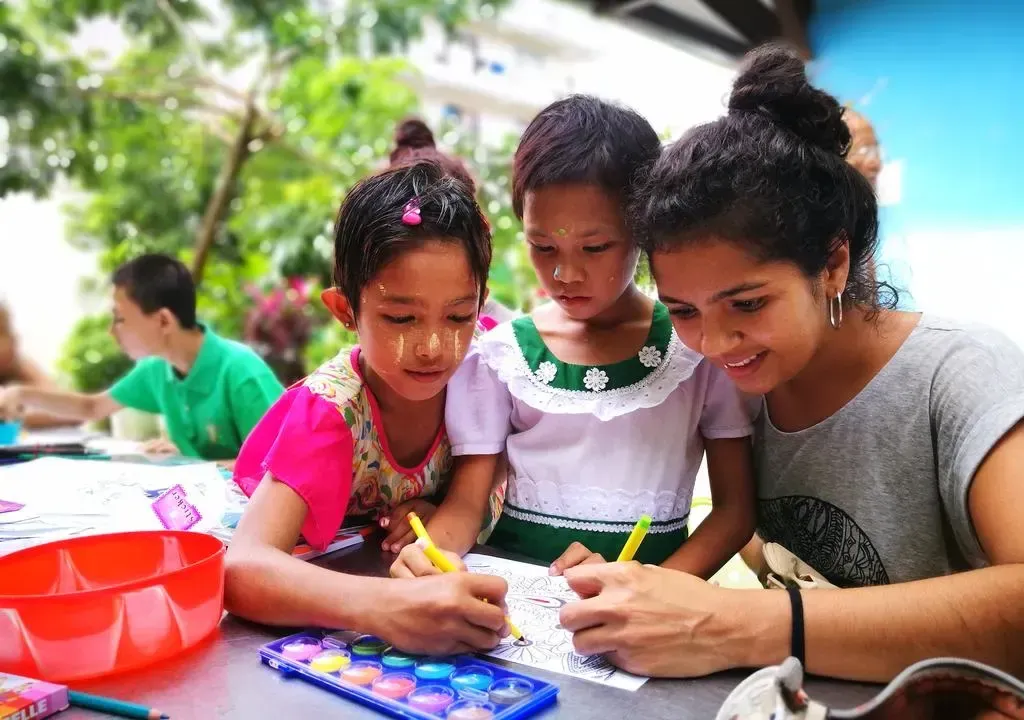
Service participation varies based on geography and community needs.
Urban Areas
- High participation in:
- Homeless support
- Food insecurity programs
- Youth mentoring
- After-school support
Rural Areas
- Emphasis on:
- Environmental maintenance
- Church-led aid
- Elder assistance
- Local school support
State Trends
- States like Utah, Minnesota, and Oregon consistently rank highest in volunteerism
- Cities such as Seattle, Boston, and Salt Lake City often lead in per-capita service hours
International Notes
- Many global organizations promote service through Peace Corps, Red Cross, and localized outreach efforts
- Common global service types:
- Health education
- Language tutoring
- Sanitation improvement
Top 10 Most Common Community Service Ideas
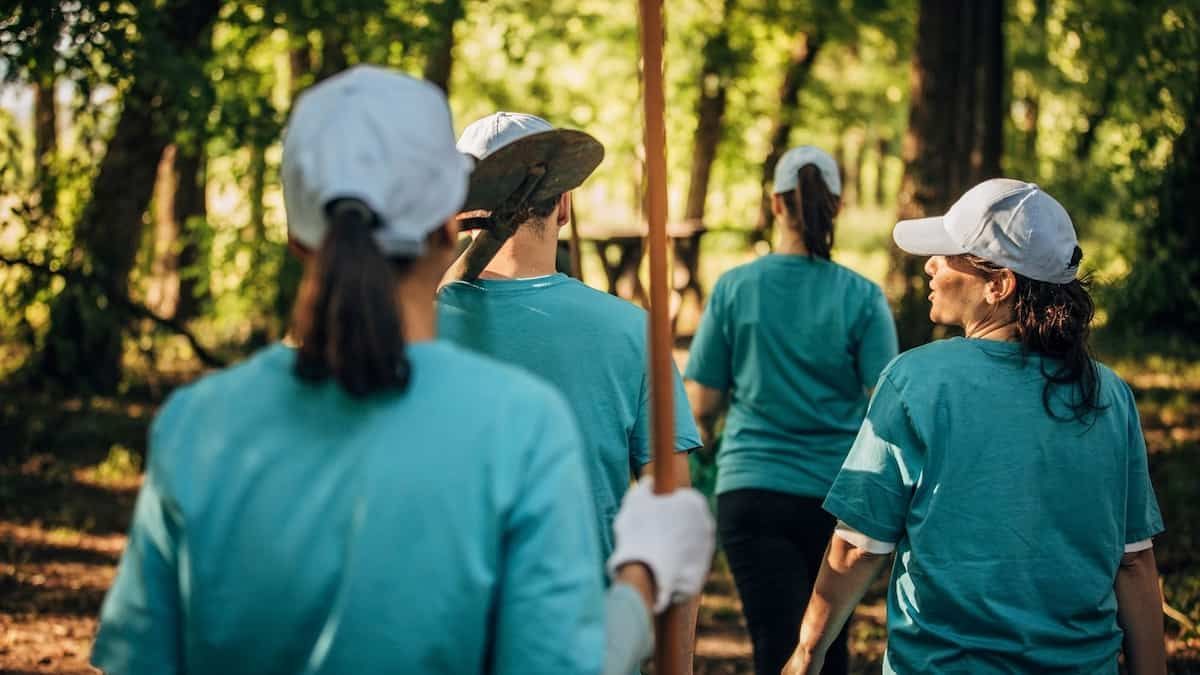
Here’s a quick-reference list of community service ideas that are both impactful and commonly reported. We’ve included who they’re ideal for and what kind of commitment they require:
1. Environmental Cleanups
- Best for: All ages, especially groups
- Time commitment: Flexible
- Example: CleanUP USA-led city park events
2. Fundraising for Nonprofits
- Best for: Corporate teams, students
- Time commitment: Weekly to seasonal
- Example: 5K charity runs, bake sales
3. Tutoring and Mentoring
- Best for: Students, retirees, professionals
- Time commitment: Weekly sessions
- Example: Reading Partners, Big Brothers Big Sisters
4. Park & Public Space Beautification
- Best for: Families, schools, businesses
- Time commitment: Weekend projects
- Example: Trail maintenance days
5. Blood Donation Drives
- Best for: Adults, corporate groups
- Time commitment: 1–2 hours
- Example: Partner with the Red Cross or Vitalant
6. Habitat or Housing Builds
- Best for: Skilled laborers, volunteers in good physical shape
- Time commitment: Full-day to multi-day builds
- Example: Habitat for Humanity
7. Animal Shelter Volunteering
- Best for: Teens, pet lovers, retirees
- Time commitment: Weekly shifts
- Example: ASPCA, local humane societies
8. Senior Support Services
- Best for: Adults and families
- Time commitment: Ongoing or ad hoc
- Example: Meals on Wheels, visiting homes
9. Youth Mentorship Programs
- Best for: Young professionals, students
- Time commitment: 1–2 hours per week
- Example: YMCA, youth clubs
10. Clothing & Supply Drives
- Best for: Schools, churches, offices
- Time commitment: Low to moderate
- Example: Winter coat collections, hygiene kit drives
Where to Volunteer and How to Start Community Service
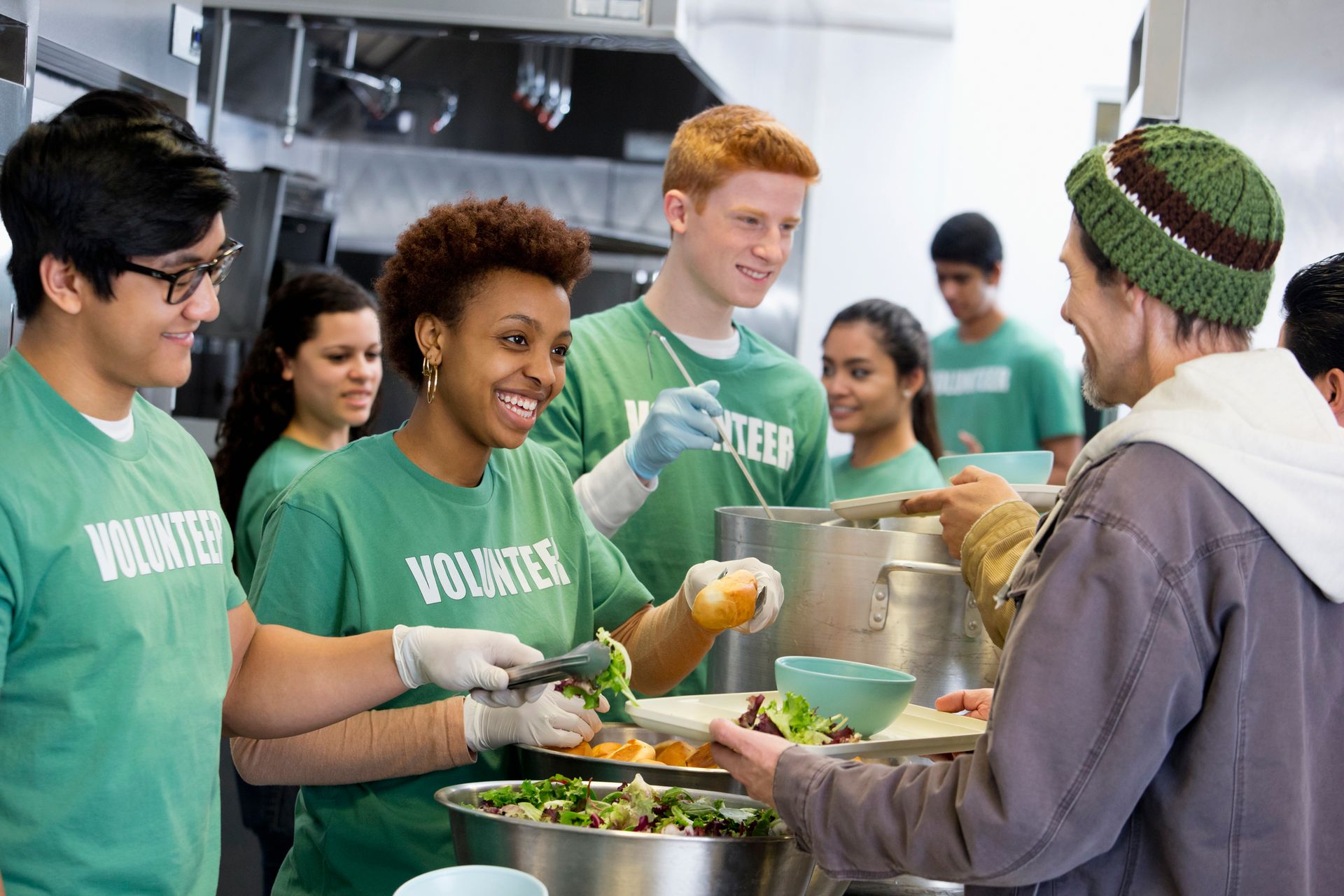
You don’t need to wait for an invitation. Getting involved is easier than ever.
Step-by-Step to Get Started
- Identify causes you care about
- Search for local groups or national databases
- Contact organizers to understand needs and expectations
- Choose a manageable schedule
- Show up consistently and follow through
Tracking Your Service
- Use apps like Golden or HelperHelper
- Schools or employers may offer their own tracking tools
- Log hours for scholarships or resume building
How to Choose the Right Type of Community Service
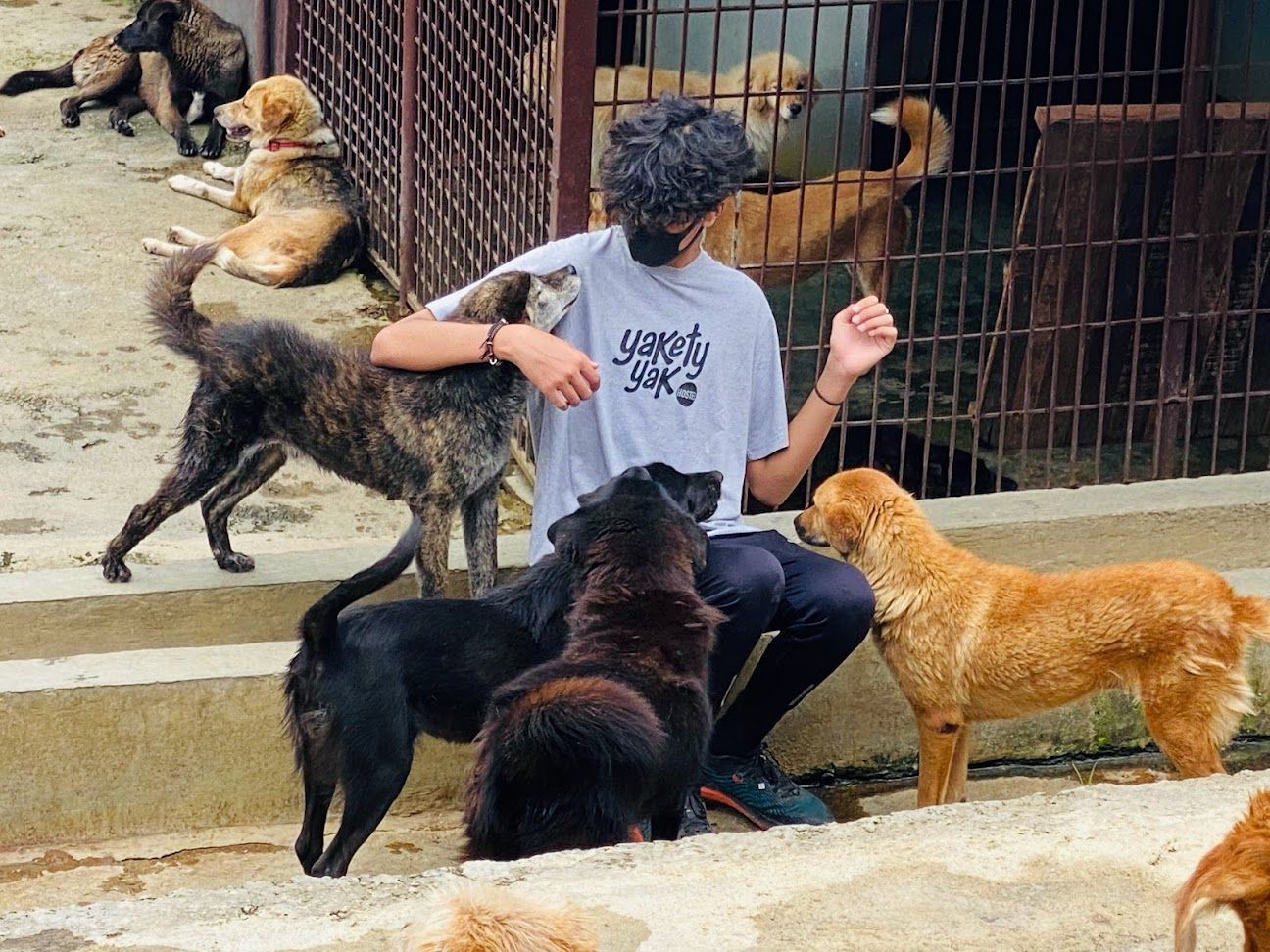
Not sure where to begin? Start with these three questions:
- What issues matter to me?
- What skills or talents do I want to use?
- How much time do I realistically have?
Match Interests with Needs
- Love animals? Try a shelter.
- Good with kids? Try tutoring.
- Into the outdoors? Try park cleanups.
Tips to Avoid Burnout
- Don’t overcommit at the start
- Choose one cause to focus on
- Reflect regularly on your impact
Remember: the best service is sustainable service.
Why People Volunteer?
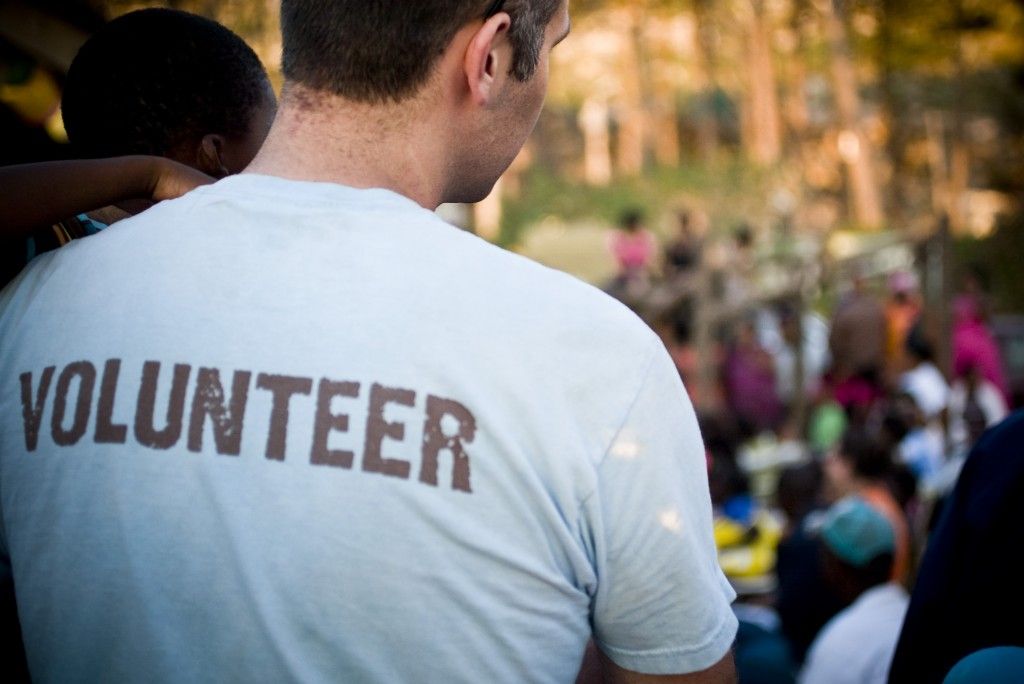
Understanding why we give our time helps clarify what we hope to get out of it.
Internal Motivators
- Sense of purpose or fulfillment
- Emotional satisfaction and gratitude
- Desire for human connection
- Passion for specific issues
External Drivers
- School credit or scholarship eligibility
- Professional development or resume building
- Faith-based encouragement
- Social influence or peer participation
Ultimately, most people volunteer because it feels good and does good—a rare and valuable combination.
Support CleanUP SCAN ME



